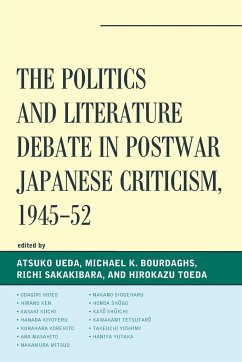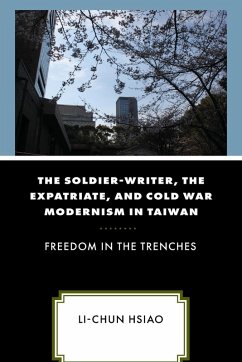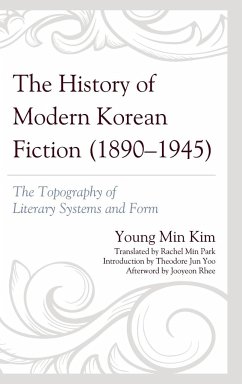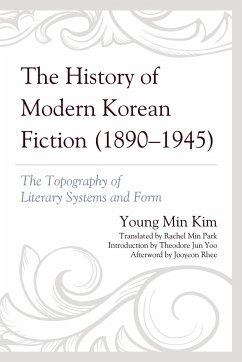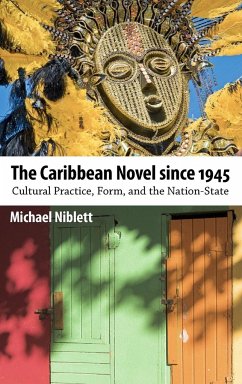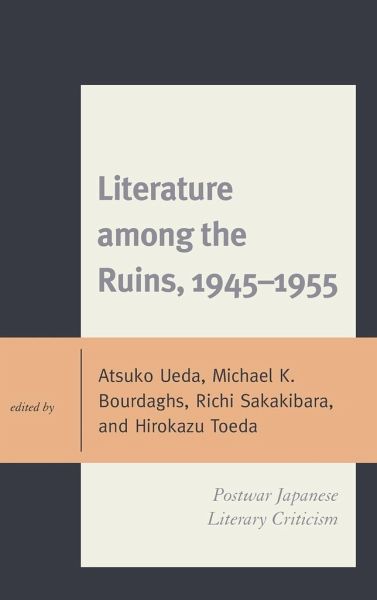
Literature among the Ruins, 1945-1955
Postwar Japanese Literary Criticism
Herausgeber: Ueda, Atsuko; Sakakibara, Richi; Bourdaghs, Michael K.

PAYBACK Punkte
55 °P sammeln!
This collection examines literary criticism in postwar Japan. The contributors analyze the debates that occurred among Japanese intellectuals and highlight the various ideological forces that shaped the countryâ s postwar trajectory.



